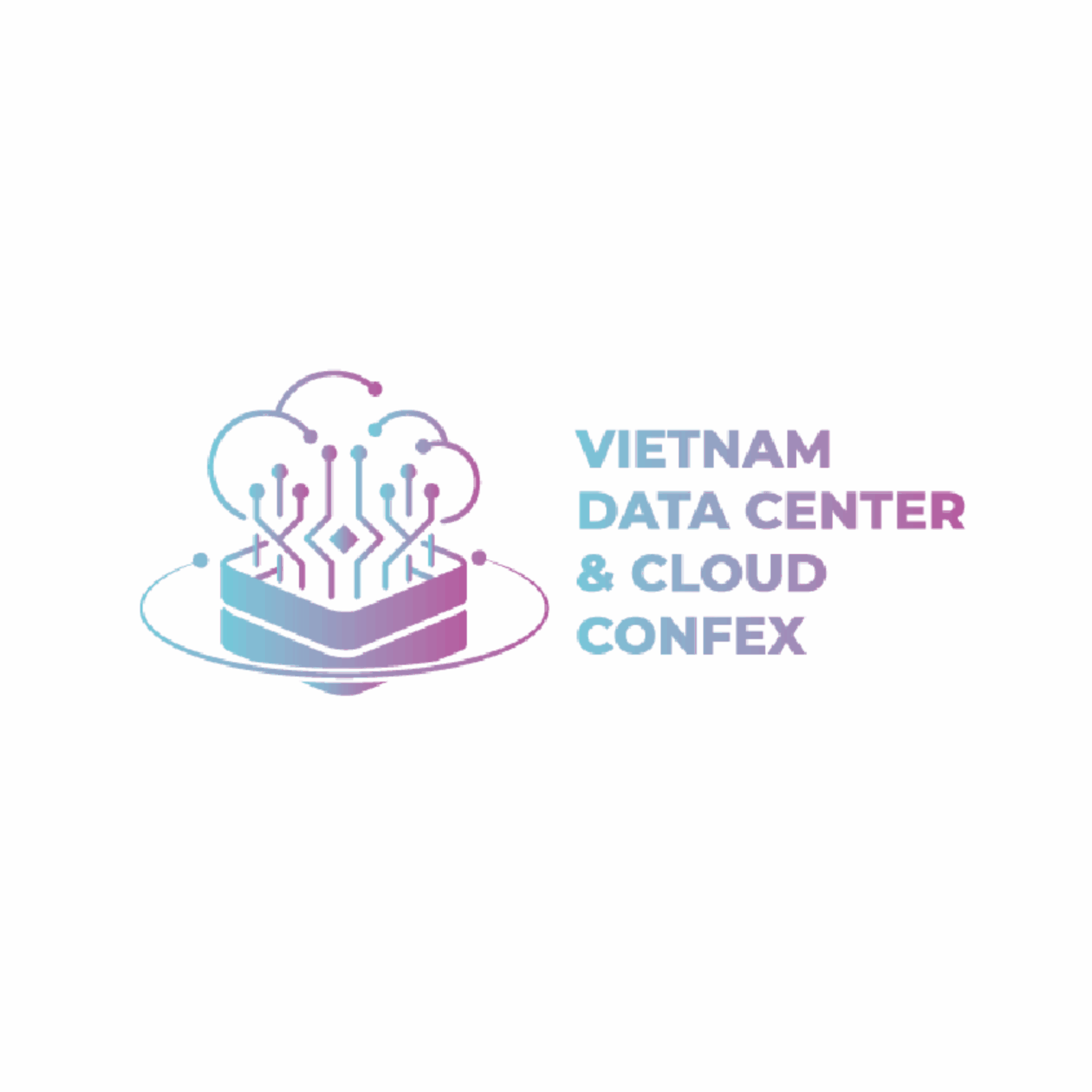Trang chủ / Diary of Event
Diary of Event
05 - 07.11 2025
Hall B SECC
Days
Days
Hours
Hours
Minutes
Minuties

9:00 - 11:00 (Conference Room B, Hall A2, SECC)
Opening Ceremony
Organiser:


12:45 - 17:05 (Conference Room B, Hall A,2 SECC)
Vietnam Energy Transition Forum
Energy Efficiency & Electricity Market Mechanisms: Driving Vietnam's Sustainable Energy Future"
Organiser:


10:30 - 11:30 (Matchmaking Zone, Hall B1, SECC)
B2B Matching Program
13:00 - 17:00 (Conference Room A, Hall A1, SECC)
Vietnam Data Center & Cloud Conference
Green Data Center: Sustainable Foundation for Breakthrough in the Digital Prosperity Era"
Organiser:


05 - 07.11 2025
Hall B SECC
Days
Days
Hours
Hours
Minutes
Minuties

8:30 - 11:30 (Conference Room B, Hall A2, SECC)
Vietnam Energy Transition Forum
Powering Vietnam's Net Zero Journey by 2050:
Integrating Solar, Offshore Wind and Market Solutions
Organiser:


10:00 - 11:30
B2B Matching Program

9:00 - 11:00 (Conference Room A, Hall A1, SECC)
Seminar Green Energy Net Zero Future- Smart and Sustainable Intergrated Energy Solutions for Businesses
Organiser:


13:30 - 16:00 (Conference Room A, Hall A1, SECC)
Vietnam Energy Transition Forum
Vietnam’s Net-Zero Journey: Turning Ambition into Action
Organiser:


13:30 - 17:00 (Conference Room B, Hall A2, SECC)
Public Training Program on Vietnam Carbon Market 2025 (fee required)
Organiser:


13:30 - 15:00
B2B Matching Program

05 - 07.11 2025
Hall B SECC
Days
Days
Hours
Hours
Minutes
Minuties

8:00 - 11:30 (Conference Room A, Hall A1, SECC)
HVAC Industry Seminar: Carbon Neutrality - Potential & Solutions through HVAC System
Organiser:


8:30 - 11:30 (Conference Room B, Hall A2, SECC)
Public Training Program on Vietnam Carbon Market 2025 (fee required)
Organiser:


13:30 - 17:00 (Conference Room B, Hall A2 SECC)
Public Training Program on Vietnam Carbon Market 2025 (fee required)
Organiser:



10:00 - 12:00 (Technical Seminar Room, Hall B1, SECC)
Seminar Green Generation for Sustainable Future: Smart Intergrated Energy Solutions for Schools
Organiser:





